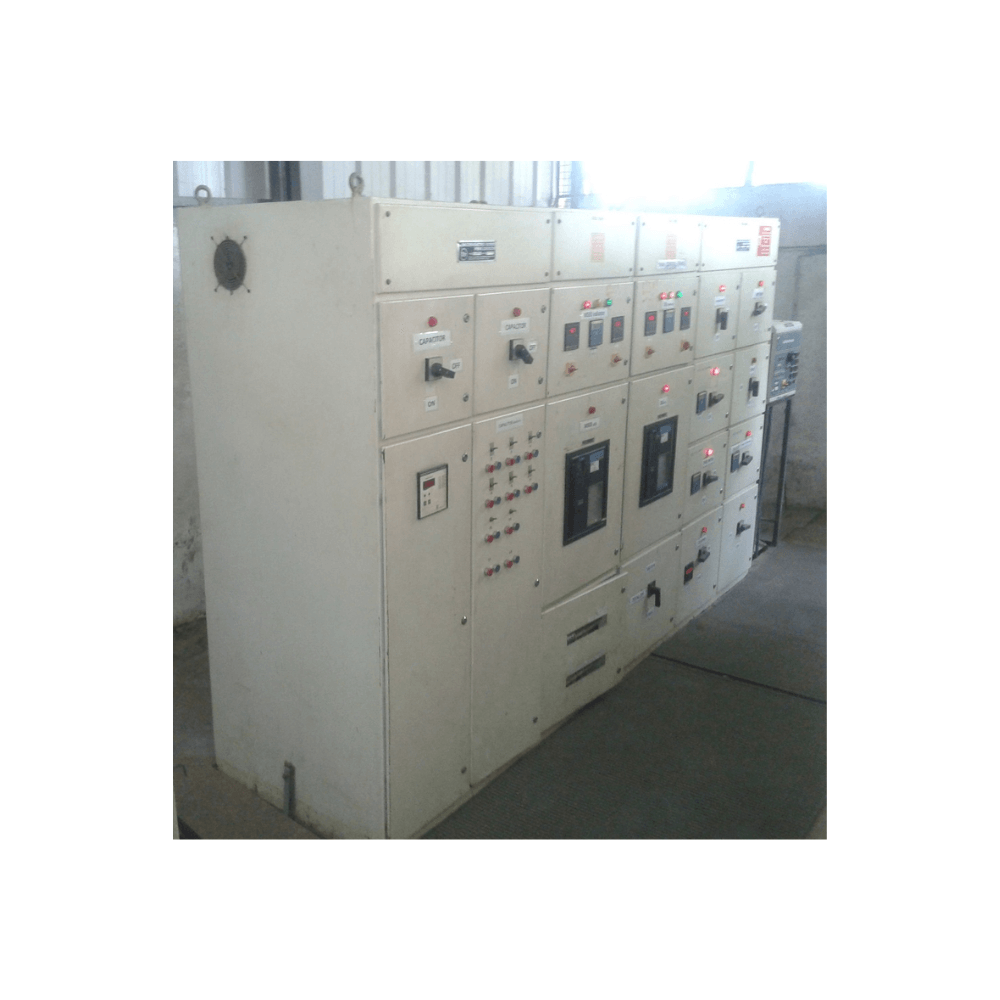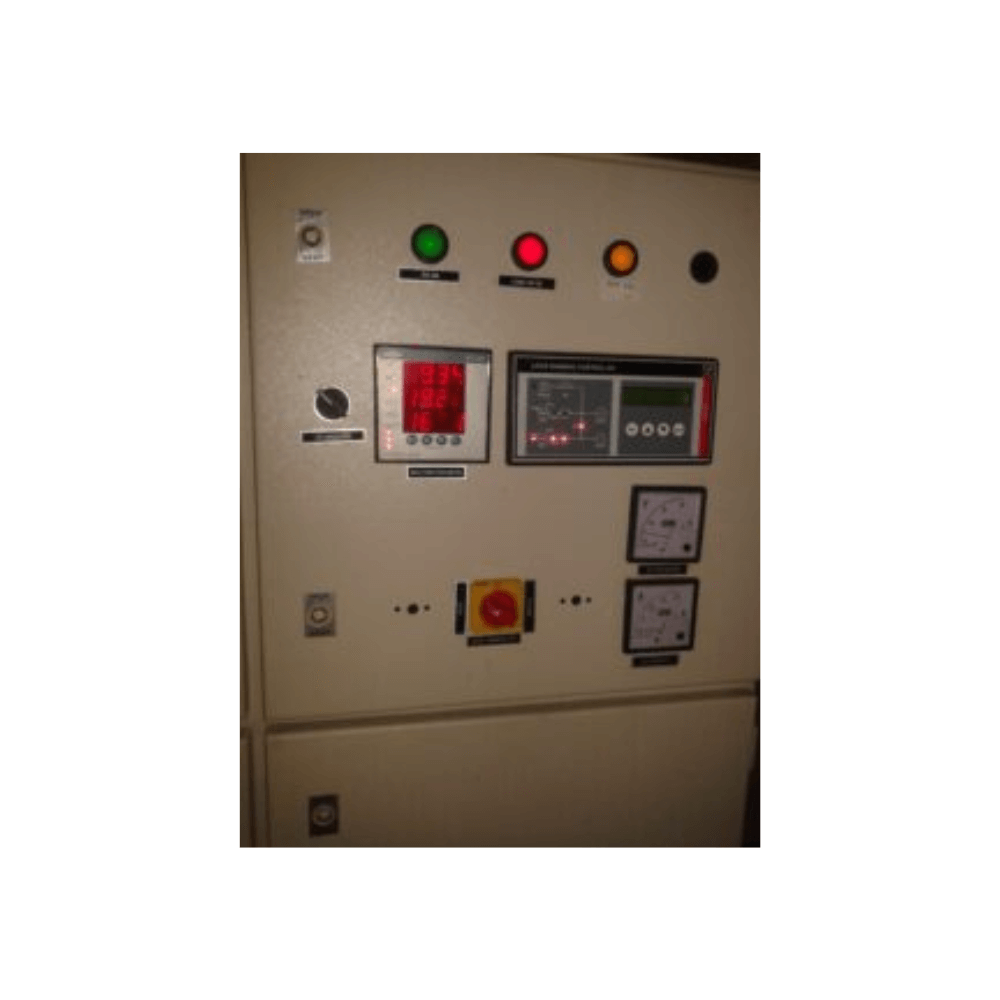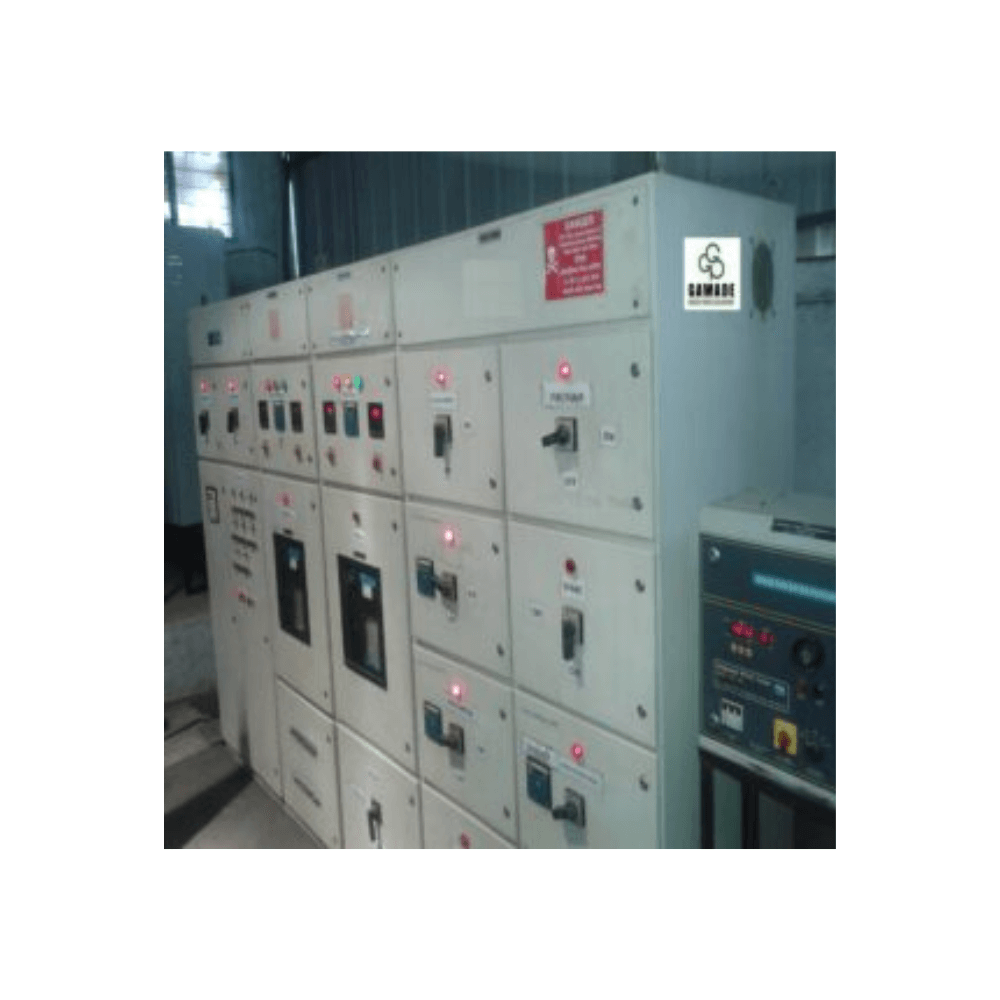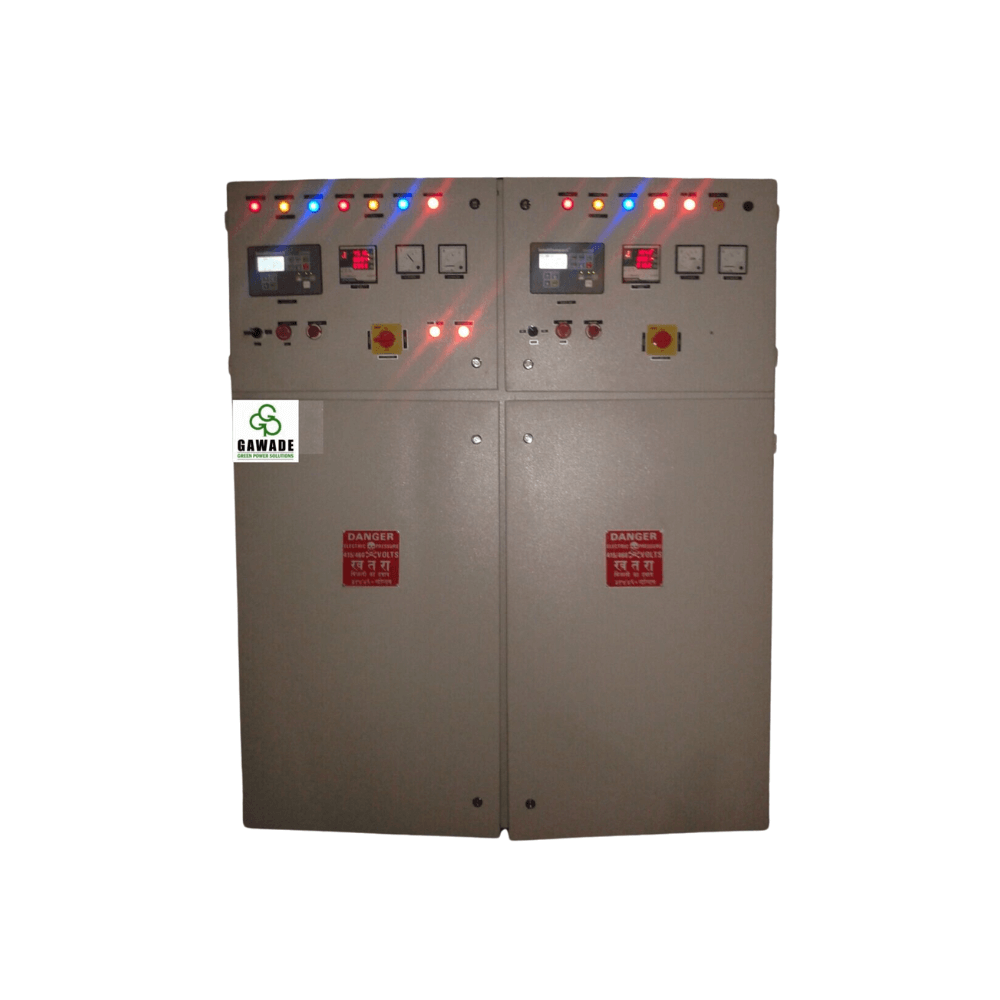What is Electrical Panel?
An electrical panel (a.k.a. breaker panel) is a metallic field with a door, typically constructed right into a wall in an out-of-the-way nook of your house. inside, you’ll discover all your house’s breaker switches. We makes electric panels that control and protect your electricity.
You may toggle breaker switches on and off. They’ll additionally shut off mechanically while there’s too much electric contemporary jogging via them — that’s what they’re for.









